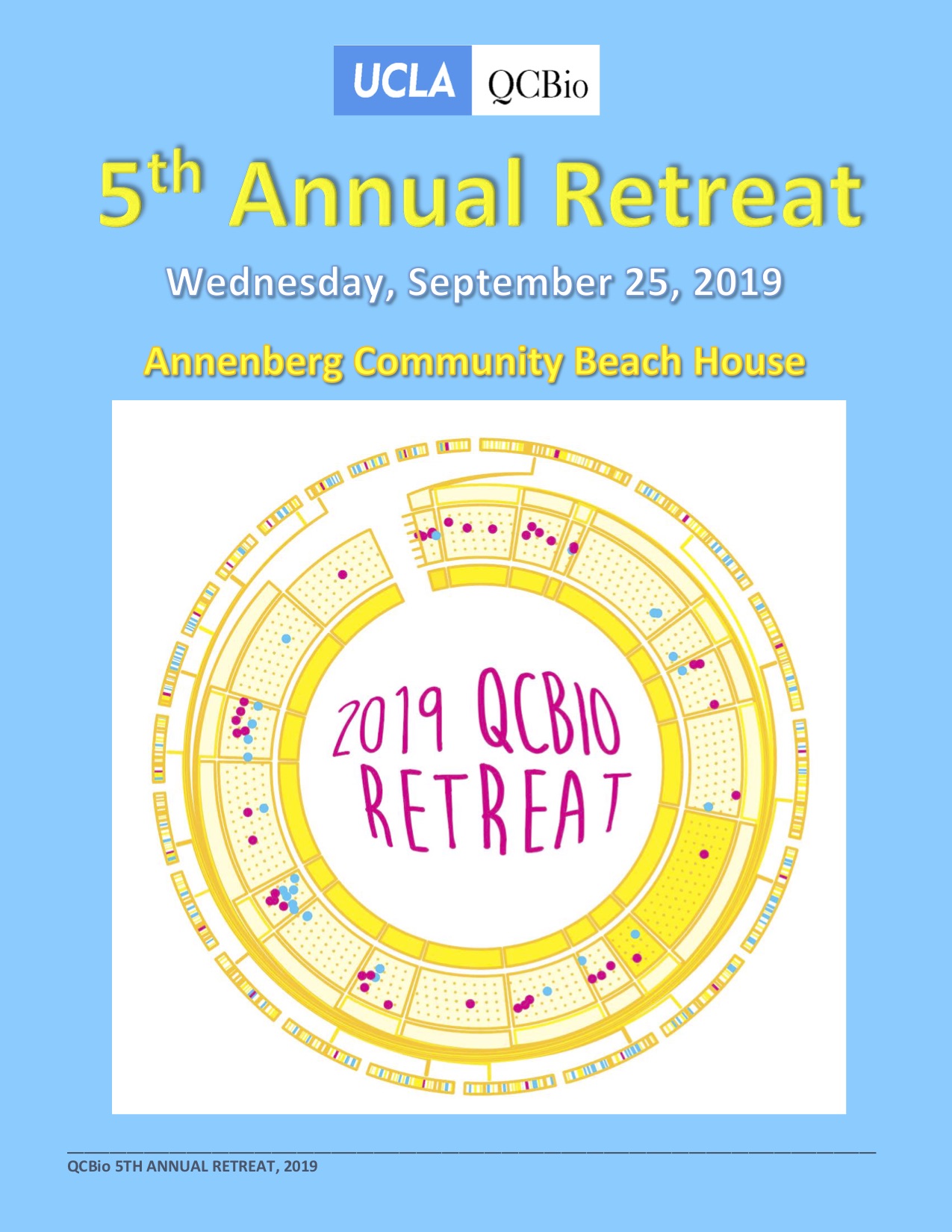


Many of these programs are either hosted or jointly sponsored by the Institute for Quantitative and Computational Biology (QCB) at UCLA, which is directed by Alexander Hoffmann (UCLA). In addition, UCLA coordinates multiple training programs, several of which are open to researchers from other institutions who are at all stages of their careers. For structured academic learning, UCLA offers an Undergraduate Bioinformatics Minor and a Bioinformatics Ph.D. UCLA has a rich training environment for Bioinformatics that extends beyond the core academic programs. (This post is jointly authored with Alexander Hoffmann, Hilary Coller, Matteo Pellegrini, and Nelson Freimer.)

Trends in Biotechnology doi: 10.1016/j.tibtech.2017.06.007.Īdvance preprint copies of our paper may be downloaded here: (17)30156-7 Addressing the Digital Divide in Contemporary Biology: Lessons from Teaching UNIX. Mangul, Serghei, Martin, Lana S., Hoffmann, Alexander, Pellegrini, Matteo, and Eskin, Eleazar. We encourage fellow instructors of Bioinformatics, as well as scientists who are new learners of the command line, to read our paper and share their thoughts! Email us at: lana martin ucla edu. In tandem with this publication, we created an online catalogue of resources and papers aimed to provide first-time learners with basic knowledge of command line. QCBio currently offers similar workshops to the UCLA community. Our paper presents a training model for these workshops-a flexible approach that can be implemented at any institution to teach use of command-line tools when the learner has little to no prior knowledge of UNIX. Serghei developed a series of workshops in response to growing demand for life and medical science researchers to analyze their own data using the command line.Īdministered by UCLA’s Institute for Quantitative and Computational Biosciences (QCBio), these workshops are designed to help life and medical science researchers use applications that lack a graphical interface. Scientists who are not trained in computer science face an enormous challenge analyzing high-throughput data. Our paper is available online as a preprint and will appear in an upcoming “Scientific Life” section of Trends in Biotechnology. Serghei Mangul and Lana Martin, together with Alexander Hoffmann, Matteo Pellegrini, and Eleazar Eskin, recently published a paper describing a workshop model for training scientists, who have no computer science background, to use UNIX.


 0 kommentar(er)
0 kommentar(er)
